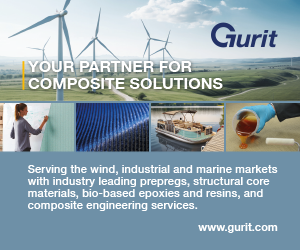Epic Aircraft completes structural testing
The company has successfully completed E1000 structural testing, concluding one of the more demanding phases of its E1000 type certification (TC) program.
Epic Aircraft (Bend, OR, US), manufacturer of high performance, all carbon fiber, singleengine turboprop aircraft, announced July 25 it has successfully completed E1000 structural testing, concluding one of the more demanding phases of its E1000 type certification (TC) program.
“The structural test phase of our program took longer than anticipated,” says Epic CEO, Doug King. “That’s because our all carbon fiber design must conform to FAA-mandated structural strength requirements that are much higher than those imposed on metal aircraft.”
The company anticipates receiving FAA Type Inspection Authorization (TIA) this month. TIA is a crucial precursor to type certification, as it confirms the aircraft design, structural and flight test results demonstrate compliance with FAA regulations. It also signifies confidence in the program by allowing FAA pilots on board the aircraft to conduct the final phases of conformity inspections and flight testing.
With structural testing complete, the E1000 manufacturing team is now shifting focus entirely toward production certification.
“We have doubled our composite fabrication capacity and refined workflows to support planned production volumes of 50 aircraft per year,” says King. “We have added tooling, curing ovens, paint booths, storage freezers, CNC machinery, composite cutting and laser templating tools, as well as inspection, bonding and assembly equipment. We are currently running two production work shifts, with plans to eventually support around-the-clock-production capacity.”
Related Content
-
Plant tour: Joby Aviation, Marina, Calif., U.S.
As the advanced air mobility market begins to take shape, market leader Joby Aviation works to industrialize composites manufacturing for its first-generation, composites-intensive, all-electric air taxi.
-
McLaren celebrates 10 years of the McLaren P1 hybrid hypercar
Lightweight carbon fiber construction, Formula 1-inspired aerodynamics and high-performance hybrid powertrain technologies hallmark this hybrid vehicle, serve as a springboard for new race cars.
-
Bio-based acrylonitrile for carbon fiber manufacture
The quest for a sustainable source of acrylonitrile for carbon fiber manufacture has made the leap from the lab to the market.
















